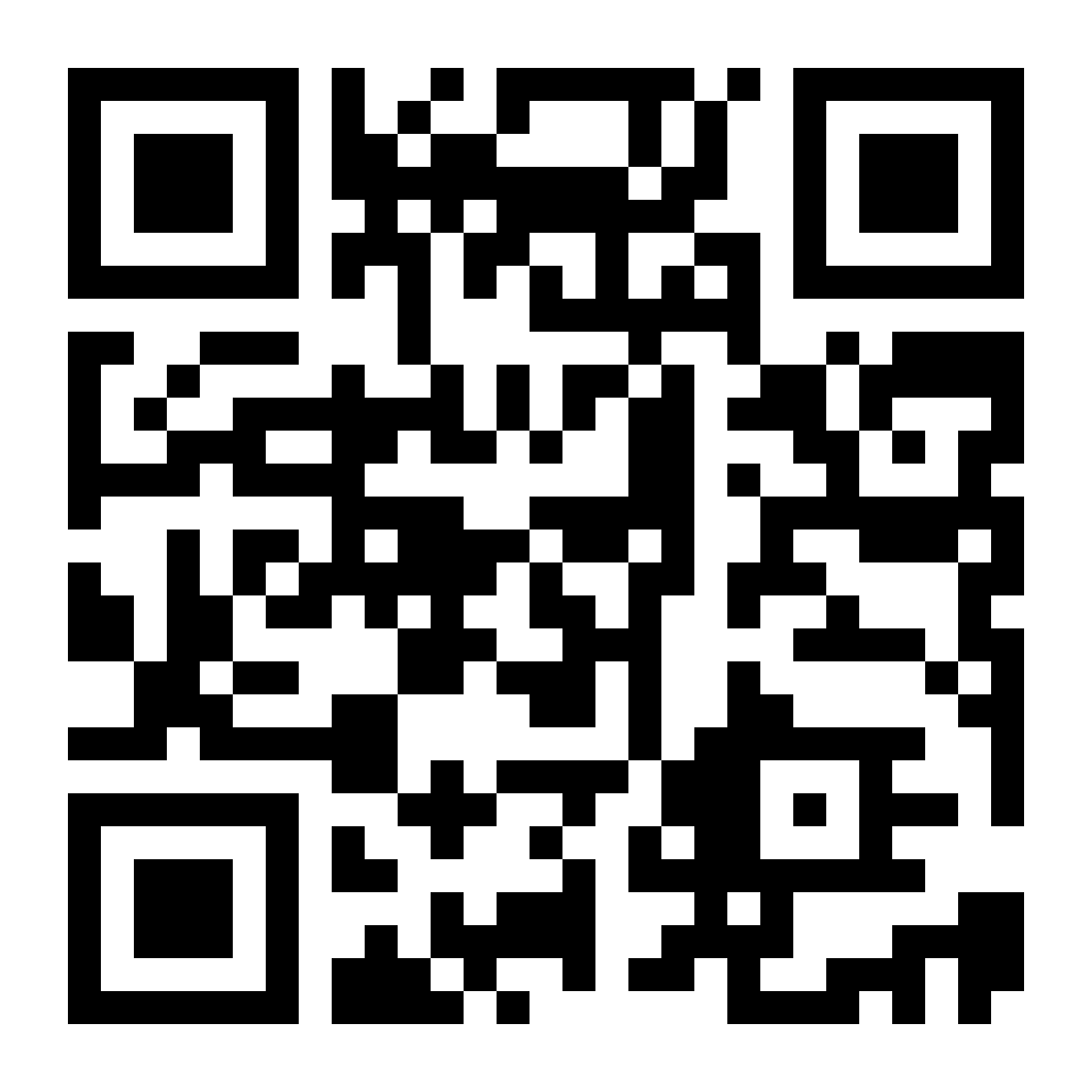Last Updated:
Heart attacks are no longer an ‘old age’ issue. Anyone — young or old — can be at risk. Learning to recognise early warning signs and responding quickly is the key to survival

Women do not always experience sharp chest pain. Their symptoms can be subtle, which is why many ignore the warning signs. (Getty Images)
Heart disease is rising rapidly today due to changing lifestyles and unhealthy eating habits. A heart attack, once considered an illness seen mostly in older adults, is increasingly affecting young people — even teenagers and children. The growing number of sudden deaths caused by heart attacks has become a major public health concern.
Why A Heart Attack Is Dangerous
A heart attack is a medical emergency that occurs when blood flow to a part of the heart muscle is blocked. Without a continuous supply of oxygen-rich blood, the affected heart muscle begins to die. This blockage usually happens when fatty deposits and cholesterol accumulate inside the coronary arteries over time, forming plaque. If this plaque bursts, it leads to clot formation, which blocks the artery and triggers a heart attack.
Early Warning Signs You Should Know
Most heart attacks show warning signs before they strike. Recognising them early can save a life.
The most common sign is chest pain or discomfort. People often describe it as tightness, pressure, and a squeezing or heavy sensation in the chest.
This pain typically starts in the centre of the chest and can spread to the left arm, shoulder, neck, jaw, or back.
Other warning symptoms include shortness of breath, cold sweats, sudden fatigue or weakness, heartburn-like discomfort, nausea or vomiting, dizziness or light-headedness.
Chest pain is the most common universal symptom, but some people experience heart attacks without intense chest pain — especially women.
Symptoms In Women Can Be Different
Women do not always experience sharp chest pain. Their symptoms can be subtle, which is why many ignore the warning signs.
Women often report: shortness of breath, unusual tiredness, sleep disturbances, pain in the back, shoulders, neck, arms, or upper belly, and nausea or a feeling similar to indigestion.
Because these symptoms resemble gas or acidity, women are at higher risk of delaying medical help.
When Chest Pain Is Not ‘Just Acidity’
Many people mistake heart-related pain for gastric trouble. Burning in the chest or upper abdomen should never be ignored, especially if it appears suddenly, worsens with activity, or spreads to other parts of the body.
Doctors strongly advise getting an ECG (Electrocardiogram) immediately if such symptoms appear. A quick ECG can detect heart-related changes and help doctors start treatment without delay.
What To Conclude
Heart attacks are no longer an “old age” issue. Anyone — young or old — can be at risk. Learning to recognise early warning signs and responding quickly is the key to survival. If you or someone around you experiences sudden chest discomfort, unexplained breathlessness, or persistent upper-body pain, seek medical help immediately. Never self-diagnose.
Our life needs a bit of style to get the perfect zing in the daily routine. News18 Lifestyle is one-stop destination for everything you need to know about the world of fashion, food, health, travel, relationshi…Read More
Our life needs a bit of style to get the perfect zing in the daily routine. News18 Lifestyle is one-stop destination for everything you need to know about the world of fashion, food, health, travel, relationshi… Read More
Warangal, India, India
October 24, 2025, 16:46 IST
Stay Ahead, Read Faster
Scan the QR code to download the News18 app and enjoy a seamless news experience anytime, anywhere.








